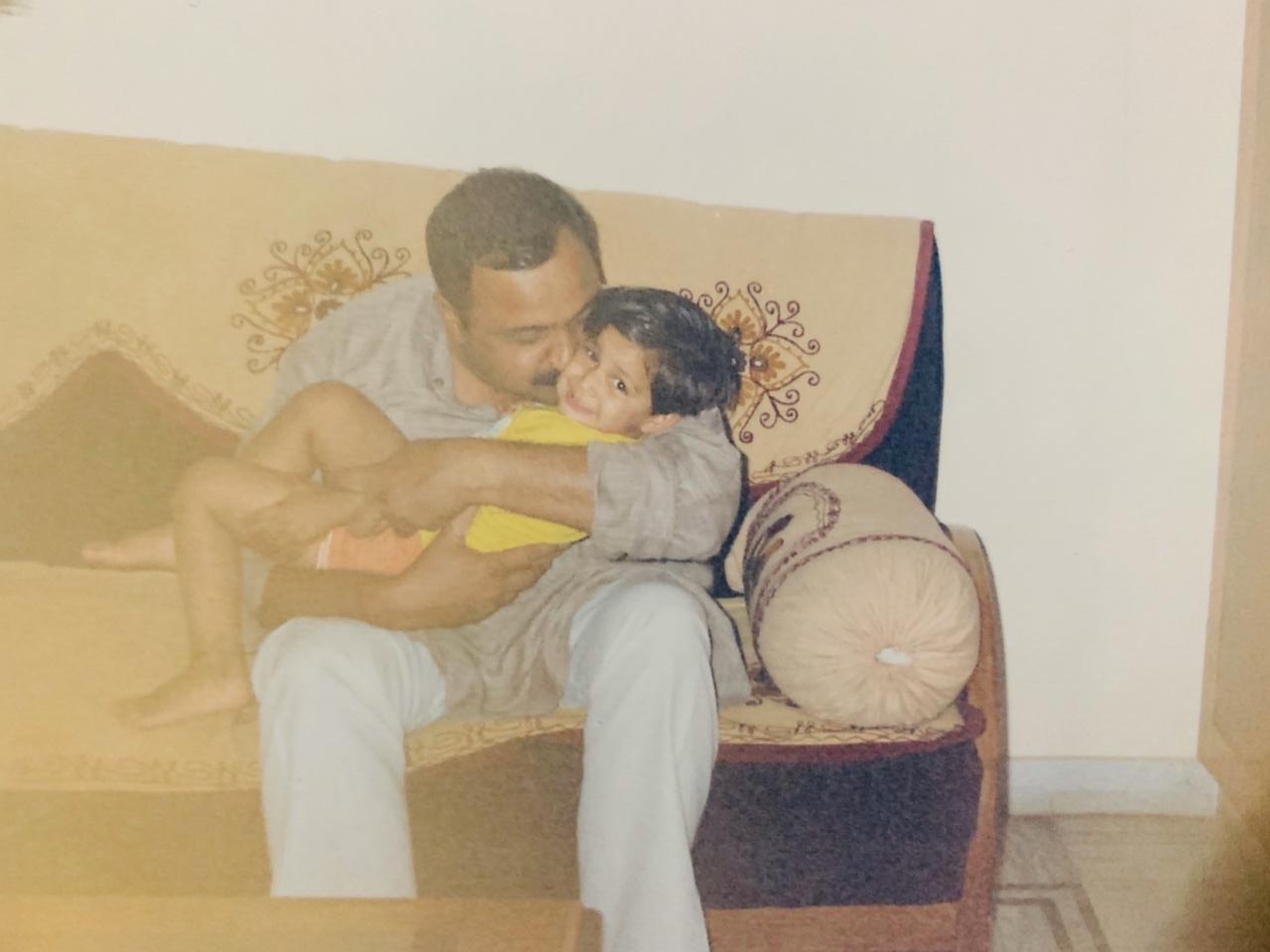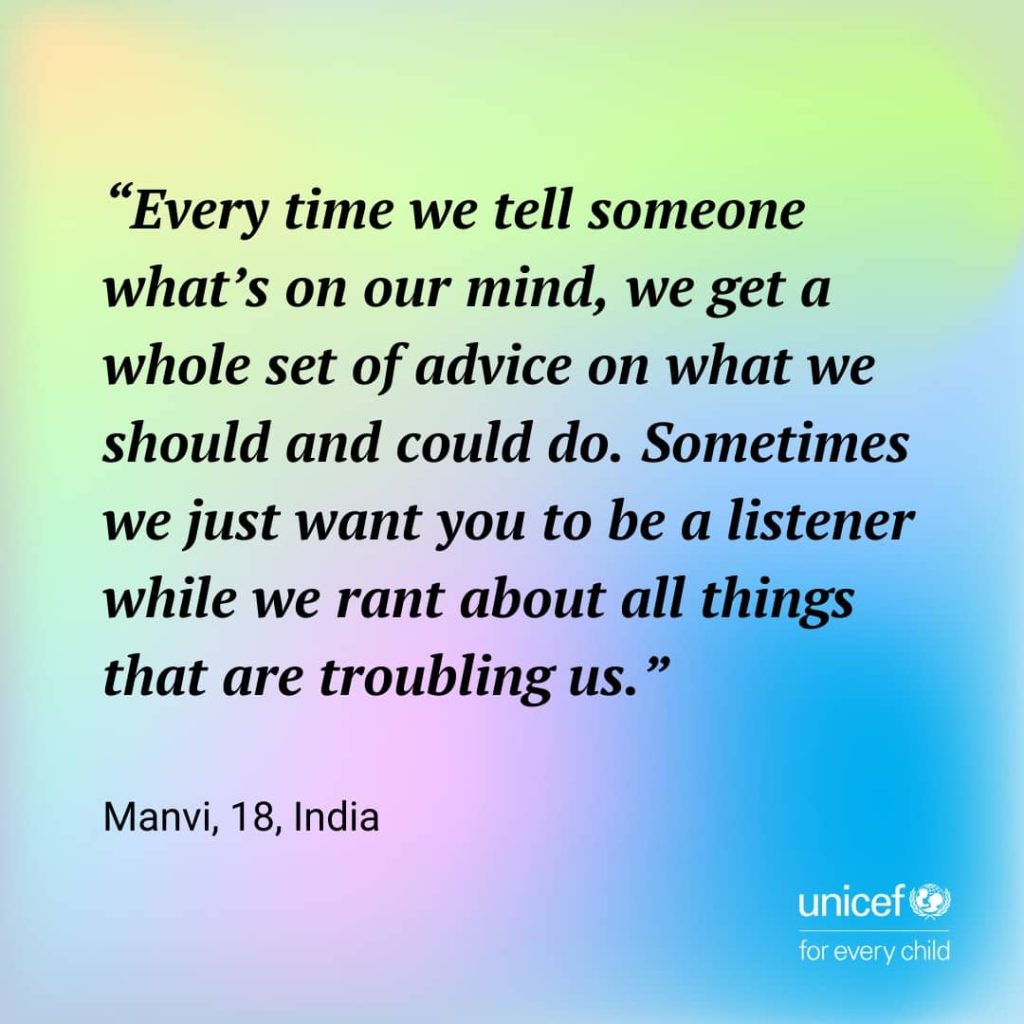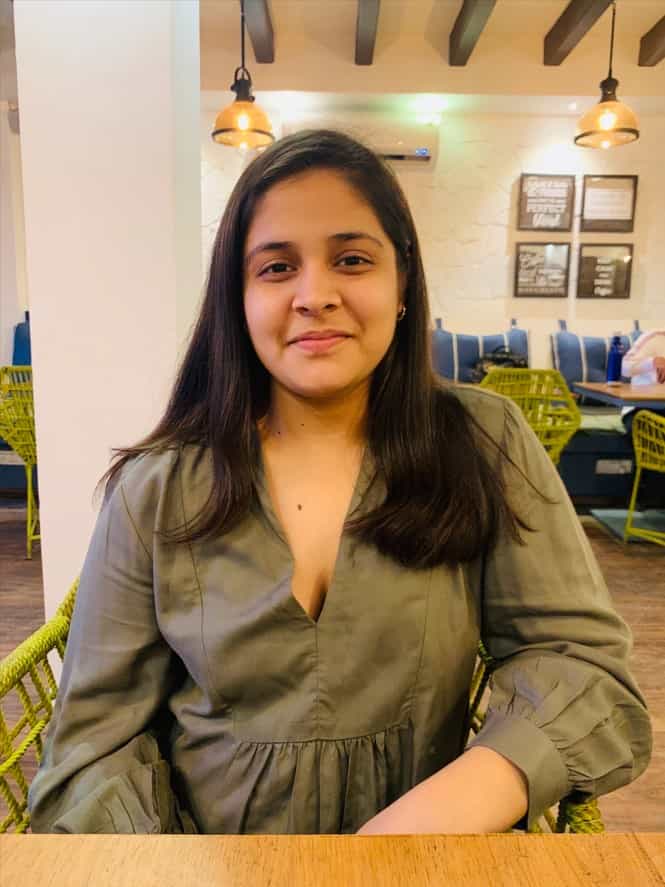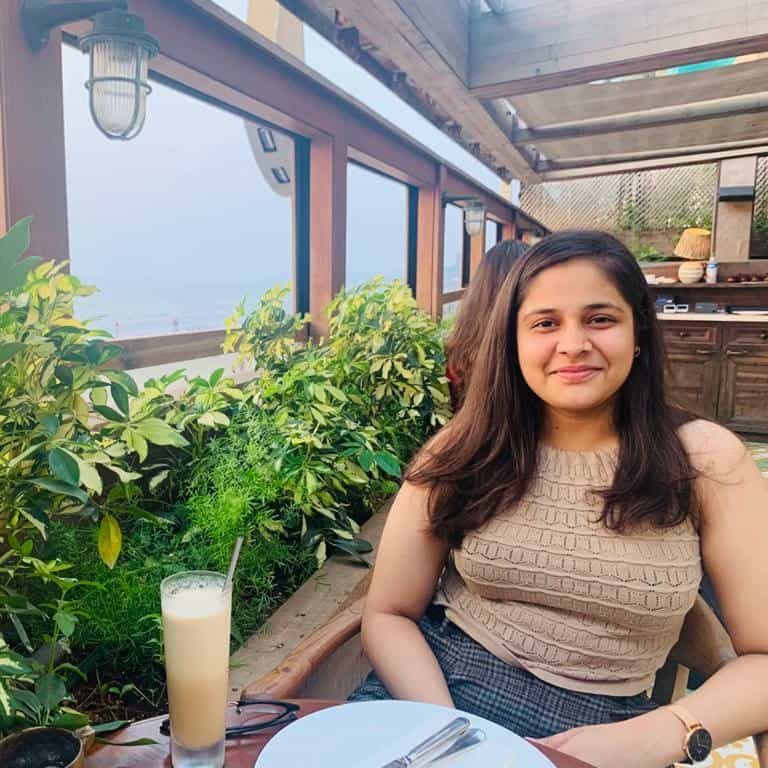CATEGORIES
Health and Wellness | People We Admire | Well-BeingOverview
- Oftentimes, we fail to acknowledge our own illnesses because we have simply never been taught about mental health.
- Societal parameters are set to define what qualifies as a mental health issue, which is often at its worst stage.
- We need to address that mental health is about something more than disorders. It isn’t just depression or OCD, but it is your mental state of well-being.
Manvi Tiwari beautifully elaborates her story of fighting mental health disorders to becoming a UN-recognized mental health activist.
About Manvi Tiwari
“There is hope, even when your brain tells you there isn’t.” ― John Green
Every time someone asks me to introduce myself, I choose to say that I am a person with lived experience of a mental health disorder. My journey as a mental health activist started from within. From an early age, I had to deal with OCD, a textbook mental health disorder that leaves you obsessing over the tiniest things. As I grew up, it got worse and became the core source of my anxiety. My mom struggled with it as well, which is why both my parents understood and were very supportive.
I started out with the intention of giving voice to my story. I wrote numerous emails and contacted Instagram pages that were doing some great work to help create awareness. That is how I got the opportunity to work with the New York Times

I realized that oftentimes, we fail to acknowledge our own illnesses because we have simply never been taught about mental health. And even if it is discussed, parameters are set to define what qualifies as a mental health issue, which is often at its worst stage. We need to address that mental health is about something more than disorders. It isn’t just depression or OCD, but it is your mental state of well-being. If you’re happy today, it is a positive day for your mental health. If you are stressed about a specific event, then it is a challenging day.
The biggest obstacle in my journey has been the ignorance of people towards what I do. Every time I mention being a mental health activist, most people just stare at me for a few seconds because they simply cannot grasp what it really means. It is an alien concept to many, who feel I am just throwing around fancy words.
One thing that cannot be denied is that having a title that includes UN or UNICEF attached to your name stops people from judging you. Rather, they start respecting you.

Spreading Awareness About OCD
I wrote an article for Voices of Youth and the Project Manager reached out to me after reading it with a chance to collaborate with UNICEF and the New York Times. Currently I am collaborating with them for a project called Pen Pals. I am also a UN volunteer and am continuously looking for ways to expand my reach so I can make the world a better place.
I am also very happy about the fact that I could turn my experience with a disorder that caused me so much struggle into a medium to spread awareness. I hope to build an organization of my own, where people with lived experiences of mental health issues are not just research subjects but are involved in the process of growth and healing.

I know in my heart that the day is not far when mental health will be taught in classrooms and people will be more sensitive and aware of the topics related to it.
Conclusion
Mental health is an important topic that many don’t even know the true meaning of. In many cases, the topic of mental health is not taken seriously and is even often swept under the rug. However, mental health is important and should be talked about more often. People need to be aware of these things.


